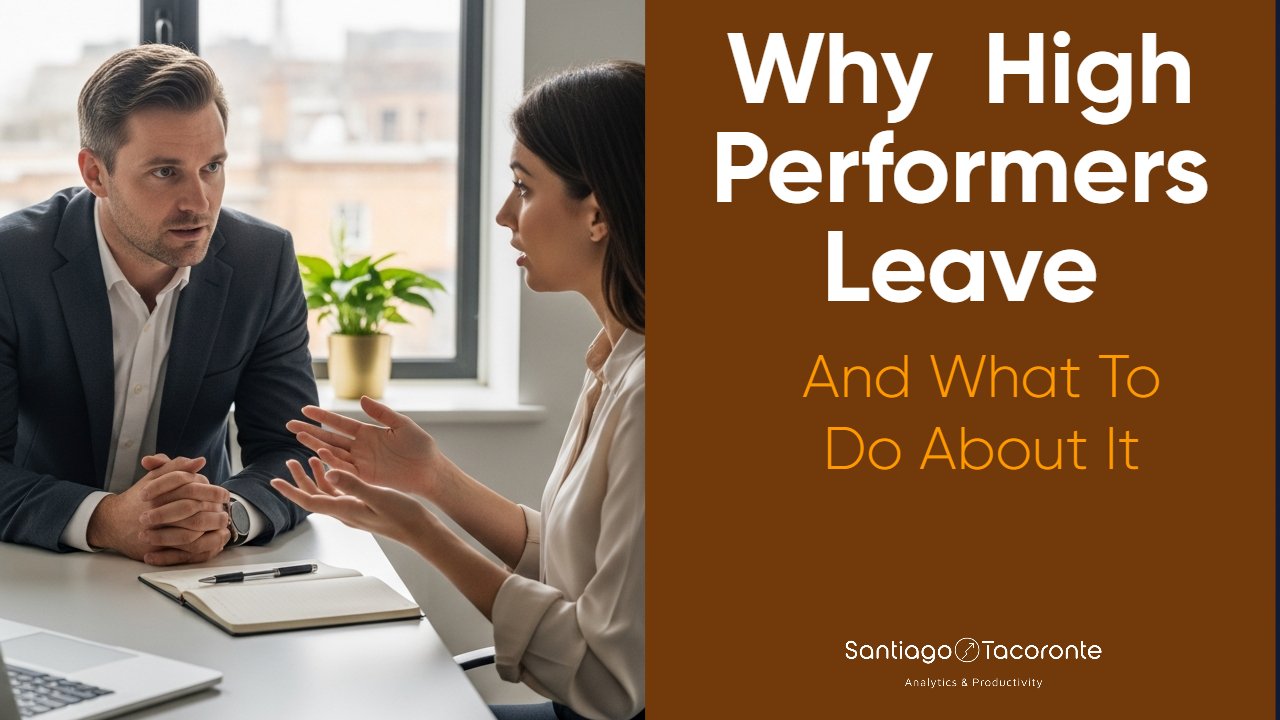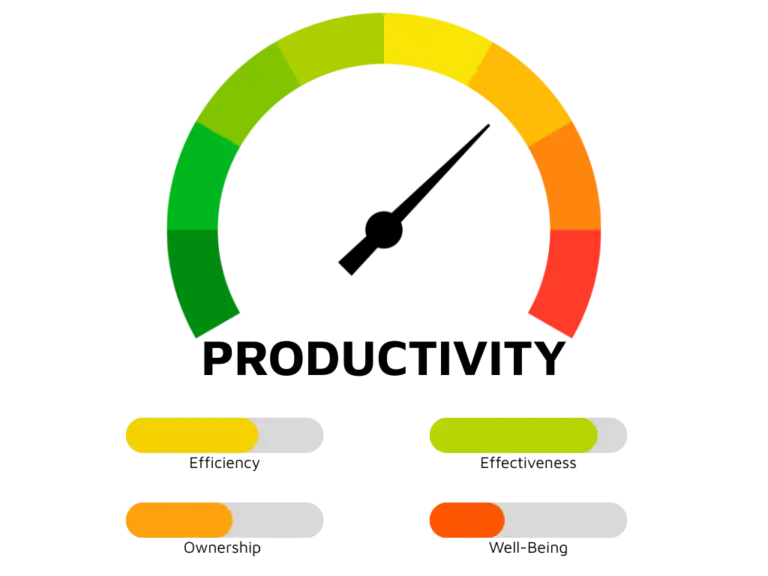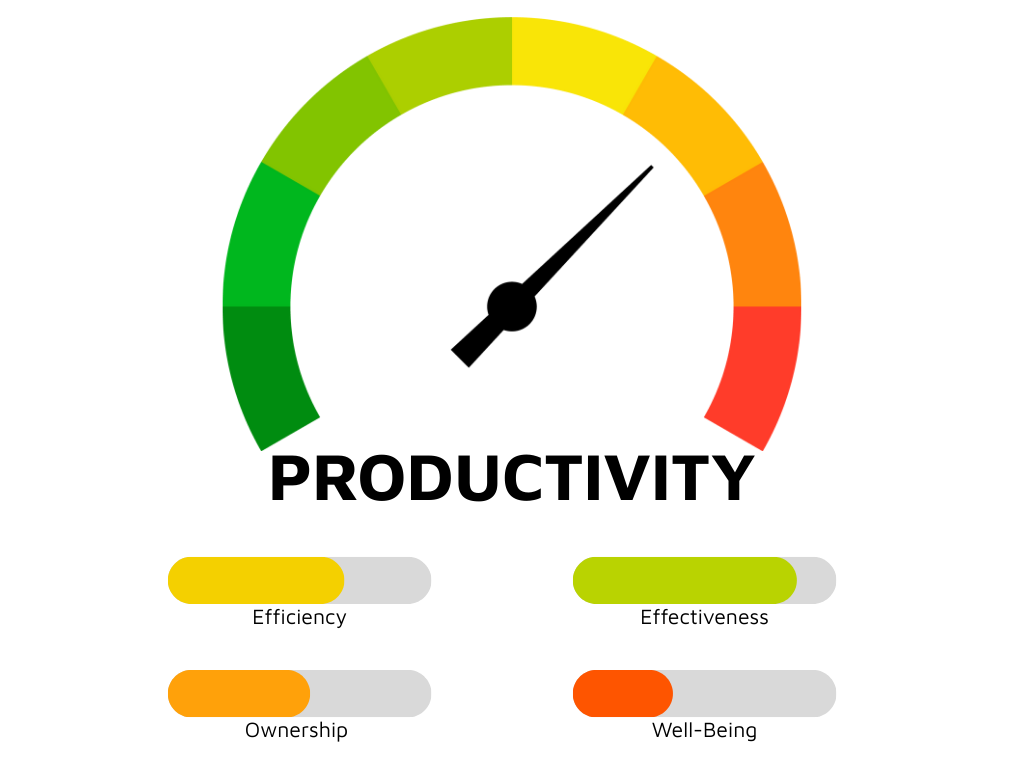Audiobooks are a great way of consuming information while doing other things. However, let me say this with a pinch of salt. I am not a multitasking promoter.
I don’t recommend listening to books when you’re focusing on another thing because you will not be able to pay attention to one of them.
Audiobooks are the same as books; you need attention to soak up the information. Therefore they are great for activities like:
- Driving work or back home.
- On a train or a plane
- Jogging, on your bicycle, or at the gym.
- Hiking or wandering.
Another thing I appreciate from audiobooks is that some of the narrations are so vivid that they transport me to where the author wants me to be.
The following list is not a ranking. It cannot be as the books talk about different things and overlap.
Anyhow, all of them changed my life and career in one way or the other.

Factfulness by Hans Rosling, Ola Rosling, Anna Rosling Rönnlund
- What is it about? The late author speaks about misinformation and biases commonly spread through our society, like poverty, gender gap, or global warming.
- What did I love from this book? The Facts! Professor Rosling destroyed myths and fake news one by one by simply using statistics. Some examples here Gapminder.
- How am I applying it in my life? The world is not as bad as the media portrays it. In fact, we are in the best moment of humanity (considering life expectancy and quality of life). However, climate change is genuine and scary. If we don’t act soon, it will be irreversible.
The Art of Thinking Clearly by Rolf Dobelli
- What is it about? The Swiss author Rolf Dobelli collected circa 100 human biases, illusions, and heuristics that we often fall prey to. Some examples are confirmation, self-serving, or survivorship bias.
- What I loved from this book: The Aha moments. Some of the cases you might know, but some others will open your eyes wide. Oh my, that happened to me!
- How am I applying it in my life: While it is inevitable to be unconsciously biased, the book provides tremendous awareness. For example, to counter confirmation bias, I collect more information and ask others before deciding.
In this other post, you find a summary of all biases and illusions in the book.
However, I strongly advise going through the entire audiobook as it is pleasingly narrated and contains detailed examples.
It Worked for Me by Colin Powell
- What is it about: The late United States Secretary of State, Colin Powell, goes through his leadership journey from the academy to the white house in a sort of autobiography.
- What I loved from this book: The wisdom of Colin Powell. His serenity to take critical decisions and how he learned from what he reckons as big mistakes, like the war in Iraq. The narration, done by himself, is just brilliant.
- How am I applying it in my life: The lessons in this book can be used to make small decisions or big shots. The 40–70 rule (Collect at least 40% to 70% of facts before making any critical decision) is a north star now in my life.

Man’s Search for Meaning by Viktor E. Frankl
- What is it about: Man’s Search for Meaning is a 1946 book by Viktor Frankl chronicling his experiences and observations while being imprisoned during World War II. As a psychologist, he used his knowledge to analyze the horrific time he and many others had in a Nazi camp and how they managed to maintain hope.
- What I loved from this book: This is a very moving book. The stories and the narration are heartbreaking. It made me think of my life from a completely different perspective.
- How am I applying it in my life: After listening to Man’s search for meaning, I changed many perspectives in life. I constantly try to move away from the so-called “First World Problems”. I am thankful to be able to write these lines and to be alive.
The Subtle Art of Not Giving a F*ck by Mark Manson
- What is it about: There are only so many things we can truly care about. While money is nice, caring about what you do with your life is better because true wealth is about the experience.
- What I loved from this book: An outstanding narration, together with brilliant real-life examples that resonate.
- How am I applying it in my life: This masterpiece took me away from mindless scrolling and tamed the FOMO (fear of missing out) that social media created. I don’t systematically need more money, a villa in Bali, or a Rolex. I need what I love, regardless of how expensive or uncool it is.
Ego Is the Enemy by Ryan Holiday
- What is it about: Ego Is the Enemy reminds us that we must not ignore the truth of who we are and how we act. While external people, circumstances, or events can affect our lives significantly, they do not define us as whole persons. As authors Ryan Holiday and Gregory McKeown believe, it’s often “the enemy within” — our constant tendency to be self-centered despite knowing better — which gets us into trouble more than anything else.
- What I loved from this book: The deep self-awareness it triggered. It was a profound reality check that teach me find ego in my relationships.
- How am I applying it in my life: As Michael Jackson singed, I start with the man in the mirror. I think twice before blaming anyone or taking an ego-based decision.
Algorithms to Live By by Brian Christian, Tom Griffiths
- What is it about: A look at how computer algorithms can be applied to our daily lives and the fascinating patterns found in everyday occurrences.
- What I loved from this book: The real-life examples around things like finding a new apartment, a new job, or a life partner. Mathematically there is a time when it is counterproductive to extend the search because the result might not be better. Somehow this book correlated with another focus in my life, the principle of diminishing returns.
- How am I applying it in my life: I became pretty methodic after this book. I try to batch all my work as a computer will do. For example, when I grocery and come back home, I put all the fridge items together and open the fridge only once. Precisely as a computer will do. The same applies to my work; I group work and take decisions mimicking the efficiency of a computer. Next time you are cooking, think about how many times you open the refrigerator to get things, causing inefficiency.
Never Split the Difference by Chris Voss
- What is it about: This book’s subtitle perfectly describes what it is about “Negotiating as if Your Life Depended on It”. Chris Voss is a former FBI hostage negotiator.
- What I loved from this book: The narration, wow! Chris Voss has a deep and convincing voice that he accentuates in parts of the book as a negotiating technique.
- How am I applying it in my life: Either if you are an executive or a freelance writer, there is a substantial amount of negotiation happening in your life every day. I quickly incorporated the many actionable lessons in this book with excellent results. I even had a cheat sheet for some time until I internalized the lessons. I use it for emails, face to face, and any interaction that requires reaching an agreement. My favorite one? “One last thing…”
Good Leaders Ask Great Questions by John C. Maxwell
- What is it about: This book is about leadership and one of its biggest differentiators. The author is renowned for his other book, The 5 Levels of Leadership.
- What I loved from this book: The wisdom of John C. Maxwell is incomparable. A common misconception about leadership portrays leaders as superhumans who know everything. But I have observed that what differentiates leaders is the kind of questions they make. When you ask great questions, you get clear answers, and your life becomes more manageable.
- How am I applying it in my life: Asking (the right) questions is an art like speaking or drawing, and it requires practice to master it.
- I am listening more carefully to those who talk.
- I am asking more questions.
The Spirit of Kaizen by Bob Maurer, Leigh Ann Hirschman
- What is it about: Kaizen is a Japanese term that means “change for the better.” It is about small and steady improvements to common challenges so they can drive significant improvements over time. This book is the source of the 1% Rule that is so popular nowadays.
- What I loved from this book: The methodic yet straightforward Kaizen framework and how the Japanese apply it.
- How am I applying it in my life: I have big projects in my life and at work, but I manage them entirely differently than before. I break them into small parts; I do them in bits. Challenging ideas no longer daunt me. Kaizen does not guarantee that your project will be successful, but you will be sure that you get there.
Which books changed you?





